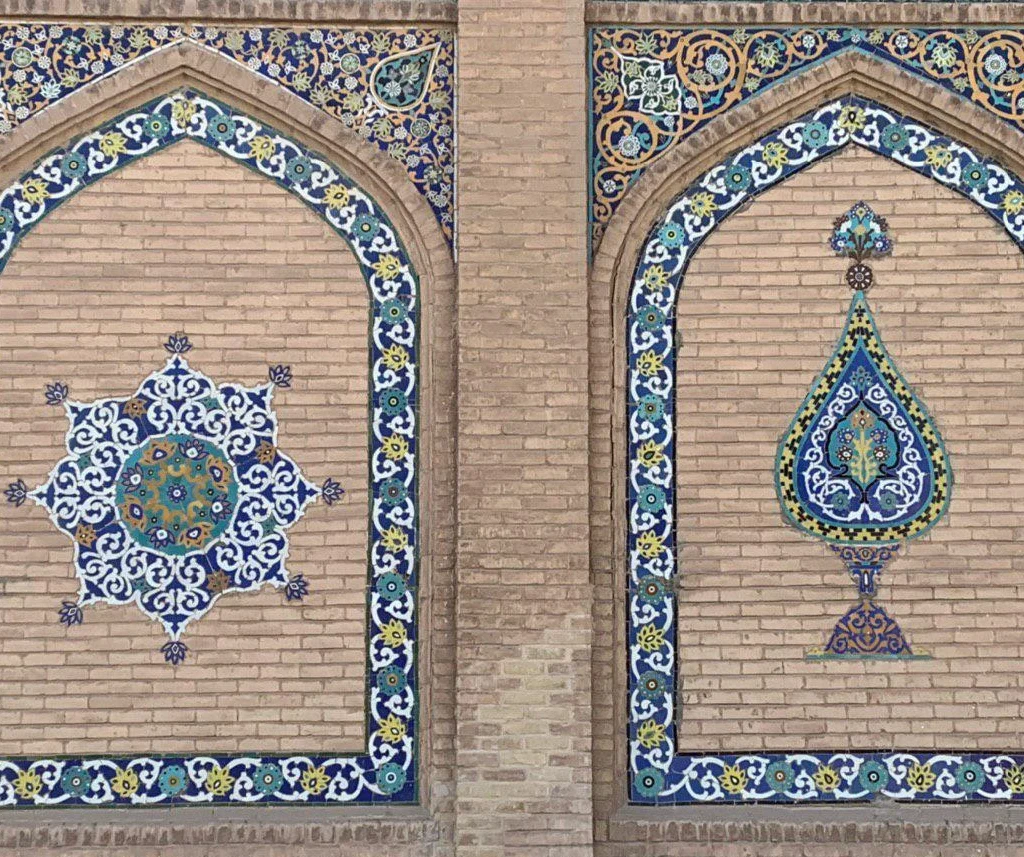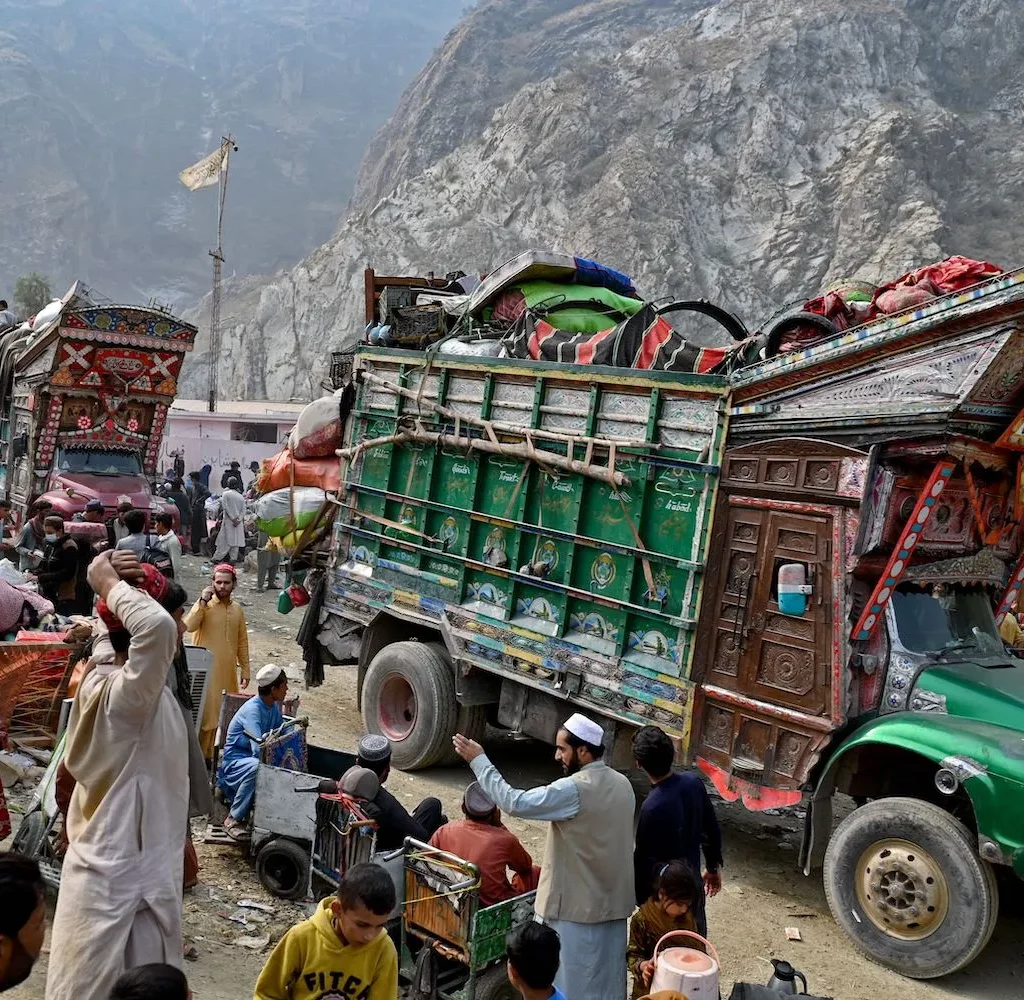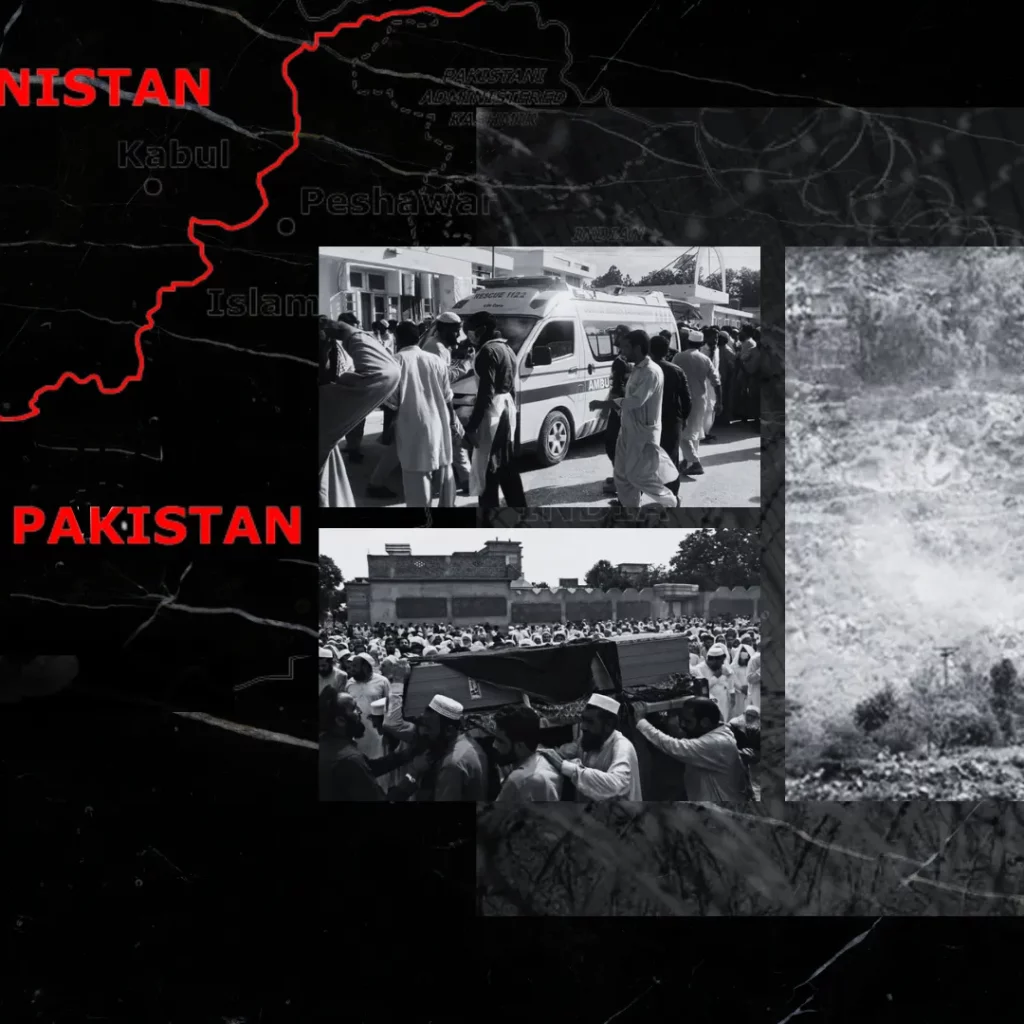Centralized Power and the Core–Periphery Divide in Afghanistan

The Islamic Emirate of Afghanistan’s return in 2021 brought rapid consolidation of power, but also the revival of a historical flaw. By concentrating authority in the hands of southern Pashtun elites, the Taliban have recreated the core–periphery divide that has destabilized every Afghan regime since the 19th century. This hyper-centralization, rooted in ethnic exclusivity and Kandahar dominance, risks a repeat of past collapses as non-Pashtun regions turn toward functional autonomy.
US Weapons Left in Afghanistan Smuggled or Sold to Al-Qaeda Affiliates, BBC Report
![BBC reports that half a million US weapons obtained by the IEA in Afghanistan are unaccounted for, raising concerns over smuggling. [Image via Getty Images]](https://southasiatimes.org/wp-content/uploads/2025/04/bd5d4d50-1072-11f0-b234-07dc7691c360.jpg.webp)
BBC reports that half a million US weapons obtained by the IEA in Afghanistan are unaccounted for, raising concerns over smuggling.
US Embassy Condemns Oppression of Women by AIG
![US Embassy condemns IEA injustice against women in Afghanistan, warning it threatens global justice and human rights. [Image via Khaama]](https://southasiatimes.org/wp-content/uploads/2024/12/Afghan-women-1024x760.webp)
US Embassy condemns IEA injustice against women in Afghanistan, warning it threatens global justice and human rights.
The Question of Illegal Afghan Immigrants

Pakistan’s decision to send back illegal Afghans back to their country only reflects the country’s own economic and security crisis.
A Turbulent Af-Pak Again?

The internal discourse in Pakistan and Afghanistan, once again, has started revolving around “who started the fire?” Both countries should know there is little to gain from this.
China and Afghanistan: The Blossoming of a Mutual Affinity

A new partnership is growing in the South Asian region. China is extending its hand to the Islamic Emirate of Afghanistan, on principles of respecting sovereignty & non-interference in internal matters.
Islamic Emirate of Afghanistan: No Trouble with Neighbors

As Afghanistan approaches its two-year milestone under Islamic Emirate, a complex interplay of diplomacy, and counterterrorism unfolds. The question arises: Can IEA effectively ensure stability while dealing with groups like TTP?
IEA Tango: The Resurgence of TTP

The UNSC Monitoring Team’s 32nd report underlines that the IEA\’s support for the TTP grows with each passing year, as do its capabilities and capacity.
Iran-Afghan Water Treaty Crisis

The Iran-Afghanistan water conflict holds implications for Pakistan due to its significant diplomatic ties with both countries and its vulnerability to climate change as a water recipient from the Kabul River without a formal treaty.
Of Woes and Wishes: Pakistan

Pakistan has rarely been free of the dread of an impending crisis, as history demonstrates. The nation\’s quest for survival has been fascinating and perilous since its inception. But, it must tenaciously hold onto the hope that gave it birth.
